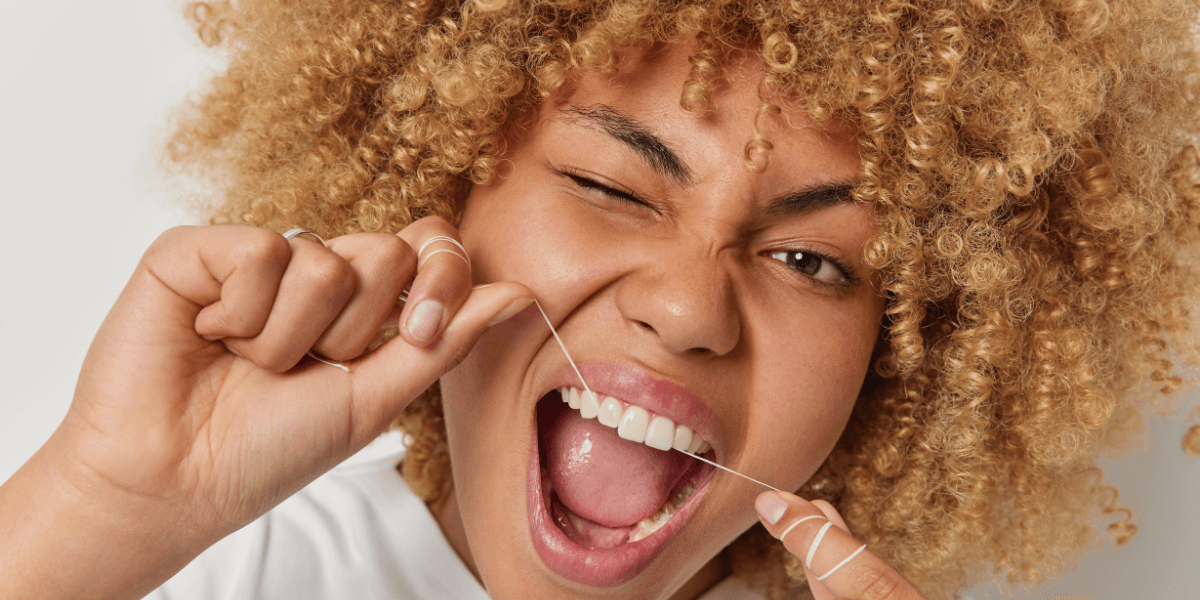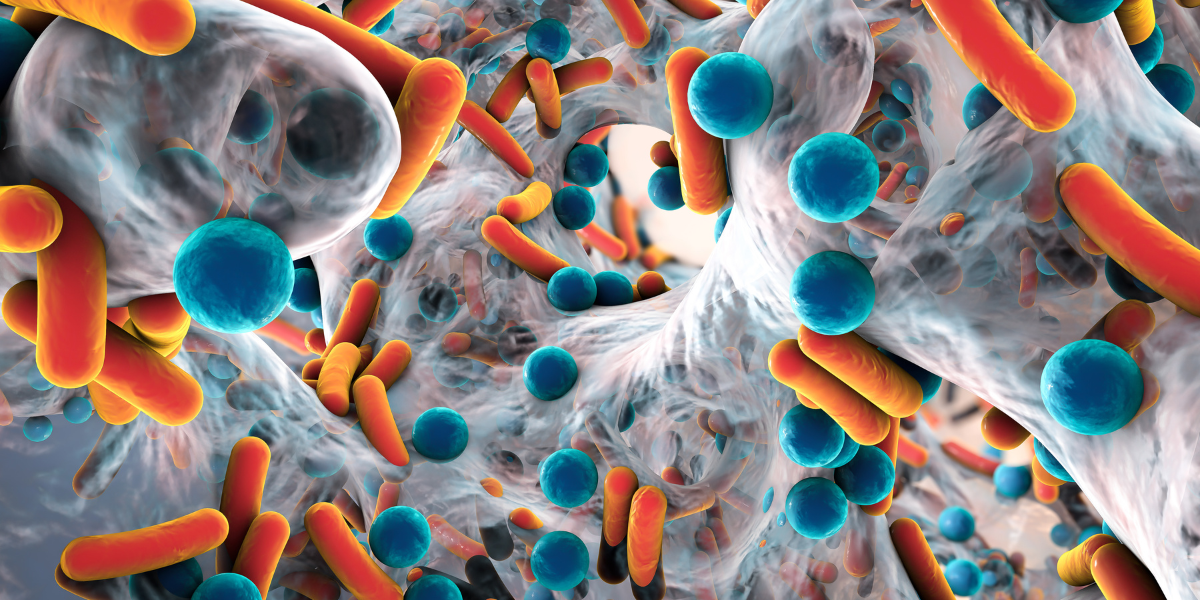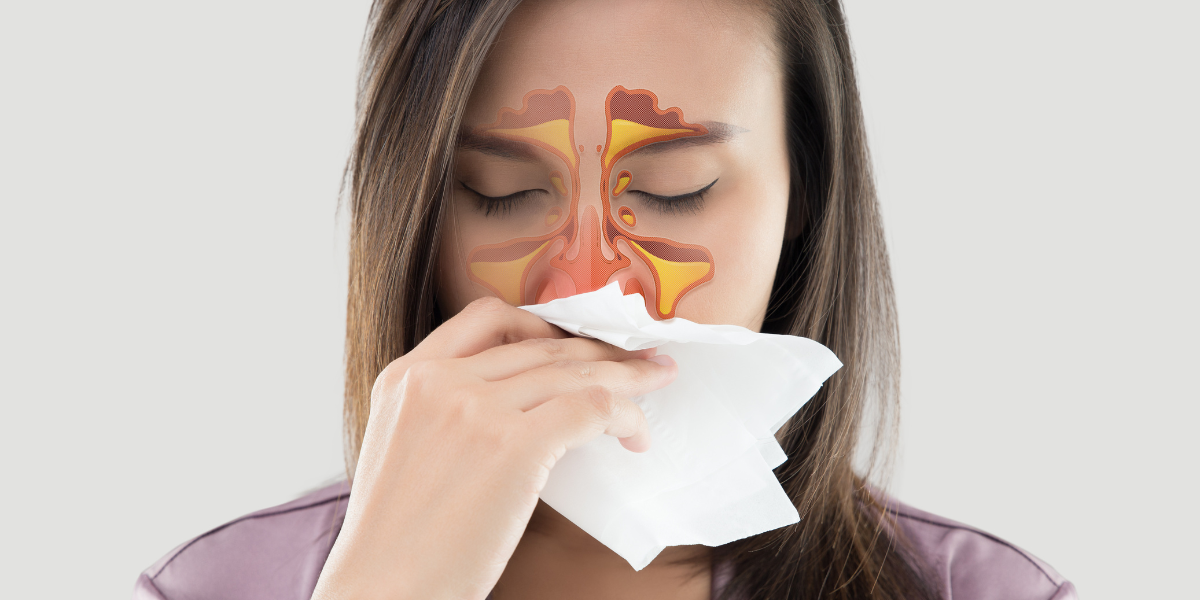Why does sugar cause cavities? The science of sugar, acidity, and decay
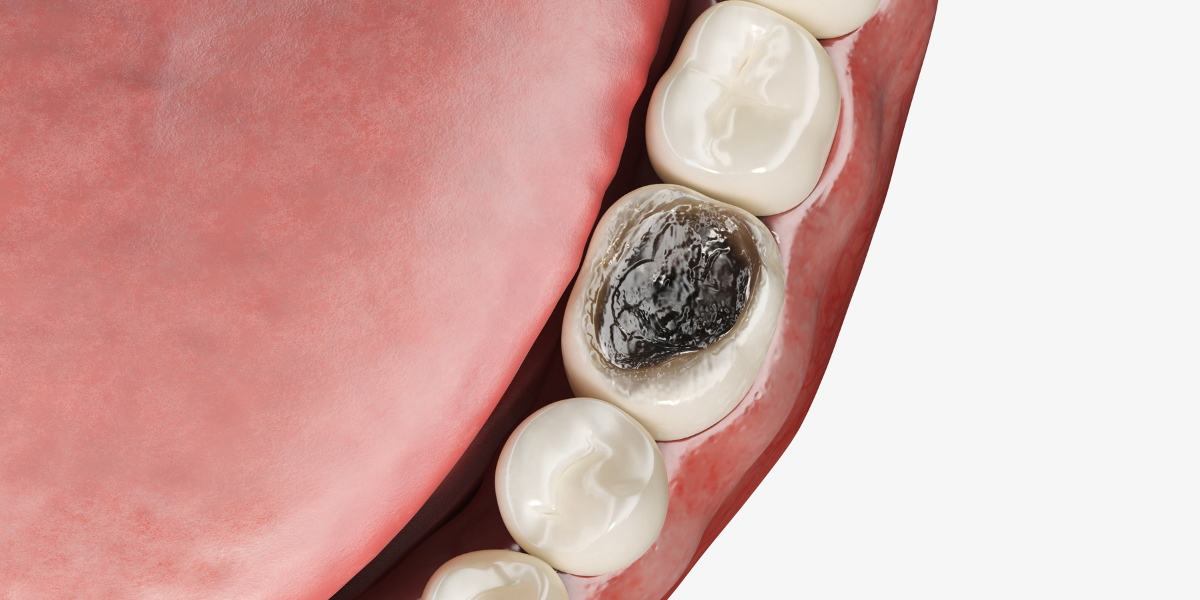
Find out from a dental hygienist how sugar actually affects the teeth and why it leads to cavities as well as how you can protect your teeth without cutting sugar out completely.
The effect of sugar on your mouth
Sugary foods and drinks can wreak havoc on your oral health. The bad bacteria that live in your mouth love sugar! They metabolize it and create acid as a by-product[4]. Even among sugary foods, not all are created equal. Sticky foods such as gummy candies stay in the mouth longer because they adhere to your teeth. Also, many sugary foods and beverages are also acidic. For instance, sodas and energy drinks are very acidic. This is the perfect storm—the bad bacteria that love sugar also love acid! In this environment, these bacteria grow and multiply quickly. Acid leaches minerals out of your teeth and encourages cavity formation as sugar promotes bacterial growth.[3]. Furthermore, even though diet drinks may be sugar-free, they are often still quite acidic. It’s a good idea to treat them as if they contain sugar, in terms of how you consume them, to reduce your risk of cavities.
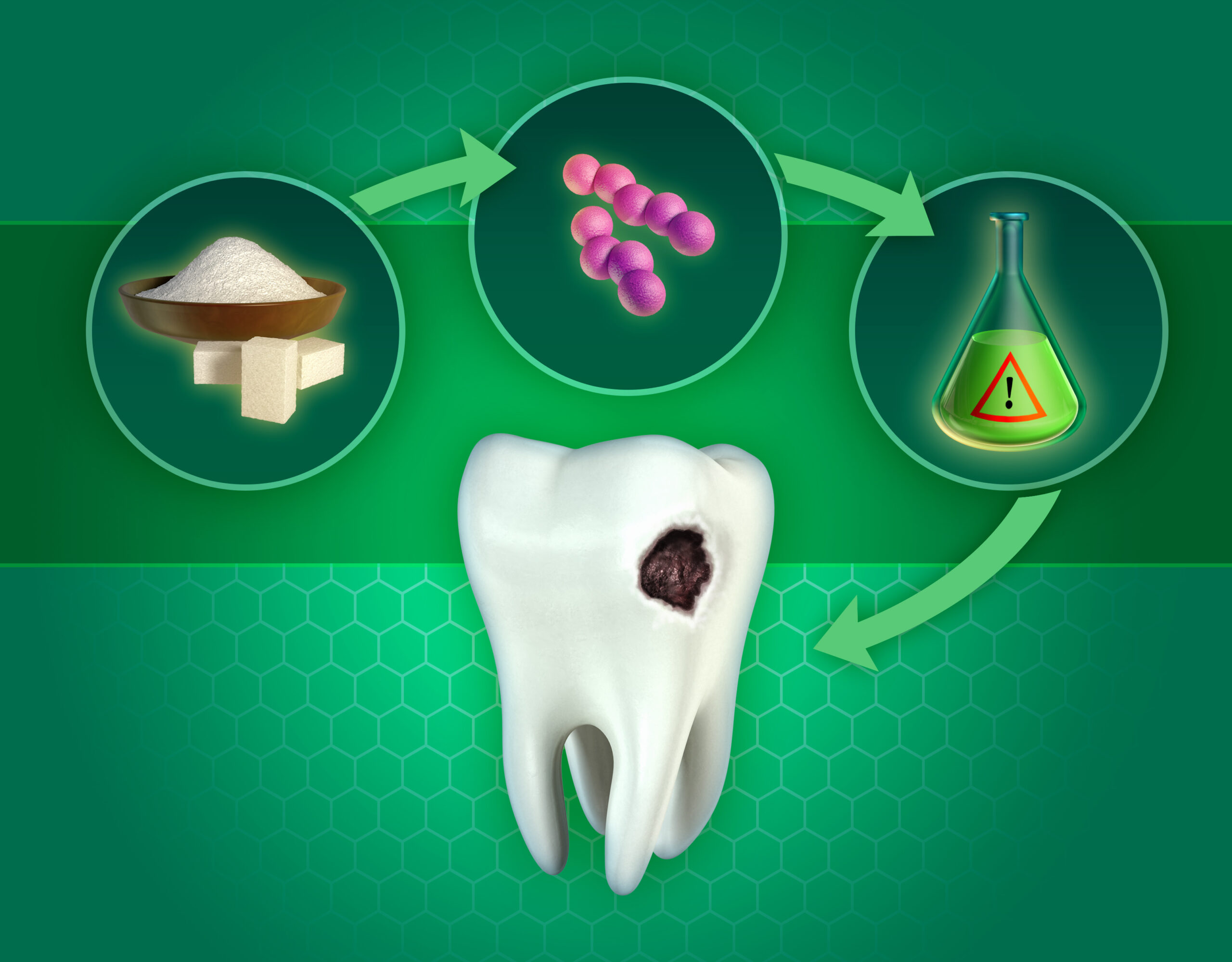
How acid damages your teeth
Acid is the enemy of teeth. Our teeth are made of minerals, primarily calcium and phosphate, and acid actually dissolves these minerals out of the tooth enamel, leaving the teeth weak and demineralized [5]. After an area of your enamel is demineralized, the bacteria are able to move deeper into the tooth, where they secrete more acid. This is how cavities form. The bacteria are basically burrowing into the teeth, destroying tooth structure as they go. To make matters worse, the more acidic your mouth is, the more bad bacteria you probably have. The more bad bacteria you have, the more acidic your mouth becomes!
Frequency and duration of consumption matter
Yes, what you eat and drink does matter! However, did you know how you consume it makes a difference too? If you are sipping on a sugary drink over a long period of time, you are essentially bathing your teeth in acid. Even if you aren’t drinking a large amount of the beverage, frequent exposure means that your teeth suffer a more prolonged acid attack [2]. Let’s all be honest. Most people are not going to be swearing off candy and soda altogether. Enjoy your snacks, but enjoy them in moderation, and in one sitting (20 minutes or less). It’s also a good idea to drink water when you are finished to help rinse away residual food debris and sugar.
Good oral hygiene helps
One of the best things you can do to prevent dental disease, including cavities, is to keep your mouth clean! Brushing and cleaning in between your teeth by using floss, a water flosser, or interdental brush, dramatically decreases how much bacteria is in your mouth because you are removing biofilm (plaque). Ideally, everyone should brush twice per day and clean between their teeth once per day. The lower the level of bad bacteria you have, the lower your risk of cavities and gum disease [4]. Additionally, chewing sugar-free gum after consuming sugary foods or drinks helps to stimulate saliva flow. Saliva helps to neutralize the pH of the mouth and rinse away some of the residual sugars and food particles [1]. You don’t have to give up sugar for the sake of your teeth, but you can be smarter about how you consume it!
- Dodds, M., Roland, S., Edgar, M. et al. Saliva A review of its role in maintaining oral health and preventing dental disease. BDJ Team 2, 15123 (2015). https://doi.org/10.1038/bdjteam.2015.123
- Ireland, R., & Yeung, C. A., (2020) Stephan’s curve. In A Dictionary of Dentistry (2nd ed.). Oxford University Press.
- Kulshrestha, S., Khan, S., Hasan, S., Khan, M. E., Misba, L., & Khan, A. U. (2015). Calcium fluoride nanoparticles induced suppression of Streptococcus mutans biofilm: An in vitro and in vivo approach. Applied Microbiology and Biotechnology, 100(4), 1901–1914. https://doi.org/10.1007/s00253-015-7154-4
- Scannapieco, F. A., & Dongari‐Bagtzoglou, A. (2021). Dysbiosis revisited: Understanding the role of the oral microbiome in the pathogenesis of gingivitis and periodontitis: A critical assessment. Journal of Periodontology (1970), 92(8), 1071–1078. https://doi.org/10.1002/JPER.21-0120
- Tarcísio Jorge Leitão, Jaime, A. C., & Livia Maria Andaló Tenuta. (2018). Kinetics of calcium binding to dental biofilm bacteria. PLoS One, 13(1)
https://doi-org.argo.library.okstate.edu/10.1371/journal.pone.0191284




